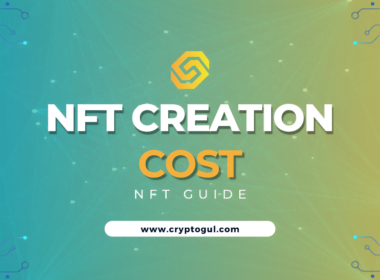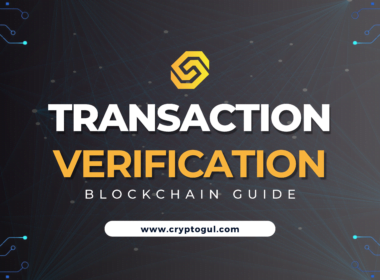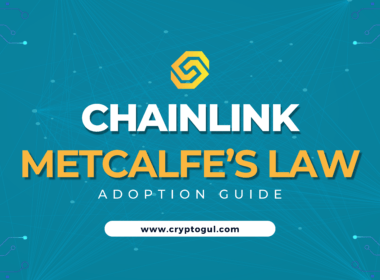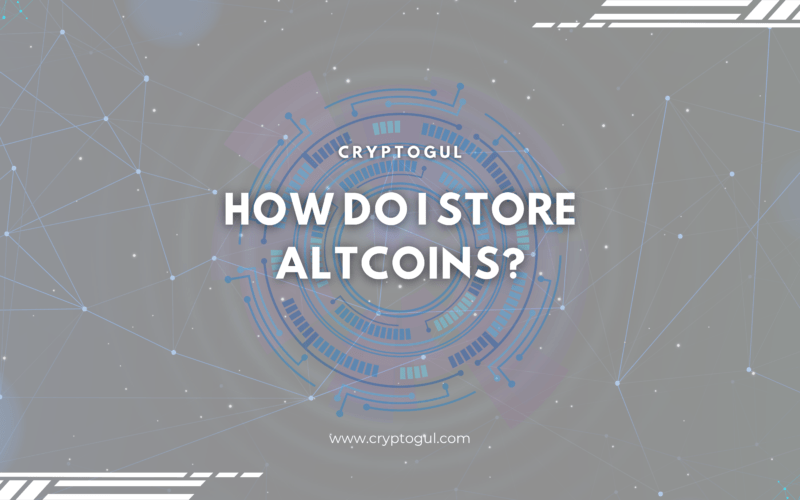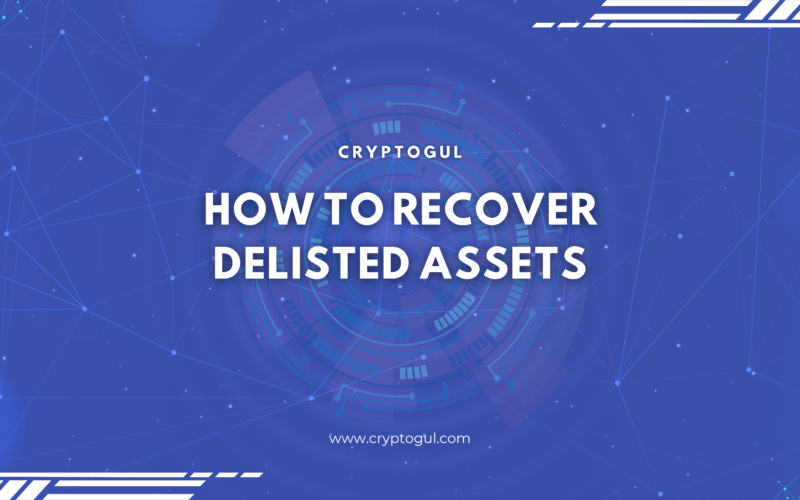Whether you’re a seasoned investor or new to the crypto world, how do I store altcoins is a common question!
This article covers various methods to store altcoins, highlighting their features and pointing you to reliable sources for acquiring appropriate wallets.
Understanding Altcoin Storage
Before diving into storage options, it’s essential to understand the basics.
Altcoins are stored in a digital wallet, which can be software-based (online, desktop, or mobile) or hardware-based.
Each type offers different levels of security and convenience.
Software Wallets: Convenience and Accessibility
- Online Wallets: These are accessible through web browsers. They offer convenience but are less secure since they are online and potentially vulnerable to hacking.
- Desktop Wallets: Installed on your personal computer, these wallets offer more security than online wallets but require that your computer remains virus-free and secure.
- Mobile Wallets: These are apps on your smartphone. They’re convenient for everyday transactions but, like online wallets, are susceptible to device-related security risks.
Hardware Wallets: Enhanced Security
- Hardware Wallets: These are physical devices that store your altcoins offline, offering increased security. They resemble USB drives and are immune to many online hacking methods. For those interested in hardware wallets, reputable options include Ledger and Trezor. These devices support a wide range of altcoins and are known for robust security features.

Paper Wallets: The Offline Approach
- Paper Wallets: Although less common nowadays, paper wallets involve printing your private keys and addresses on paper. They are entirely offline and secure from digital threats but can be easily damaged or lost.
Best Practices for Storing Altcoins
- Diversify Storage: Don’t put all your altcoins in one type of wallet. Use a combination of hardware, software, and paper wallets.
- Backup Your Wallets: Regularly backup your wallets, especially if they are software-based. This helps in recovering your altcoins in case of device failure or loss.
- Stay Updated: Keep your wallet software updated to ensure you have the latest security enhancements.
- Beware of Phishing: Be cautious of phishing attempts and never share your private keys or wallet backup details.
Conclusion
Storing altcoins securely involves choosing the right type of wallet that suits your needs and following best practices to safeguard your investments.
Hardware wallets like Ledger and Trezor offer robust security for long-term storage, while software wallets provide convenience for daily transactions.
Remember, the key to effective altcoin storage is a combination of security, convenience, and regular maintenance.
For those interested in exploring further, visit Ledger and Trezor for hardware wallets, and research reputable software wallets to find the one that best fits your needs.


